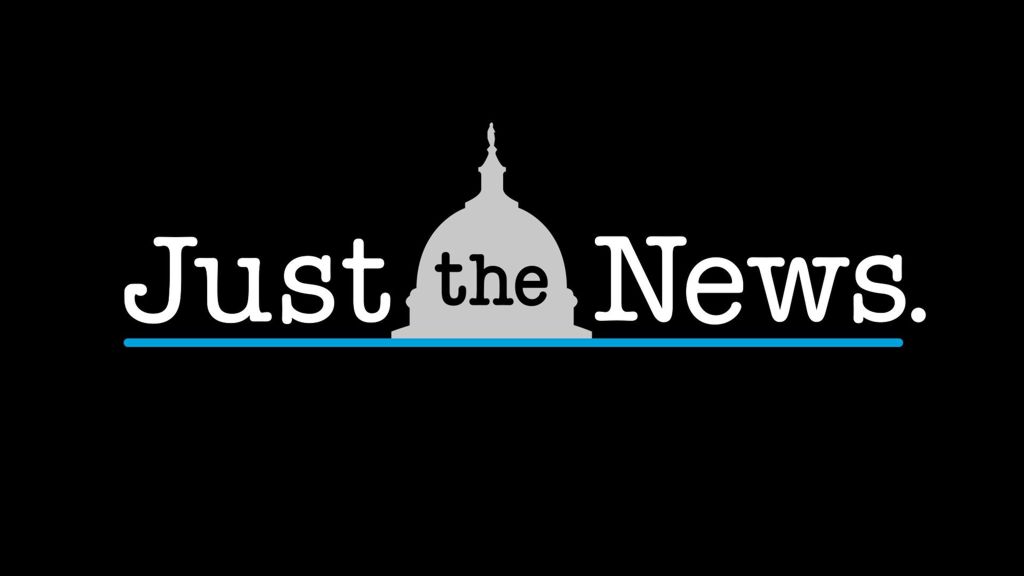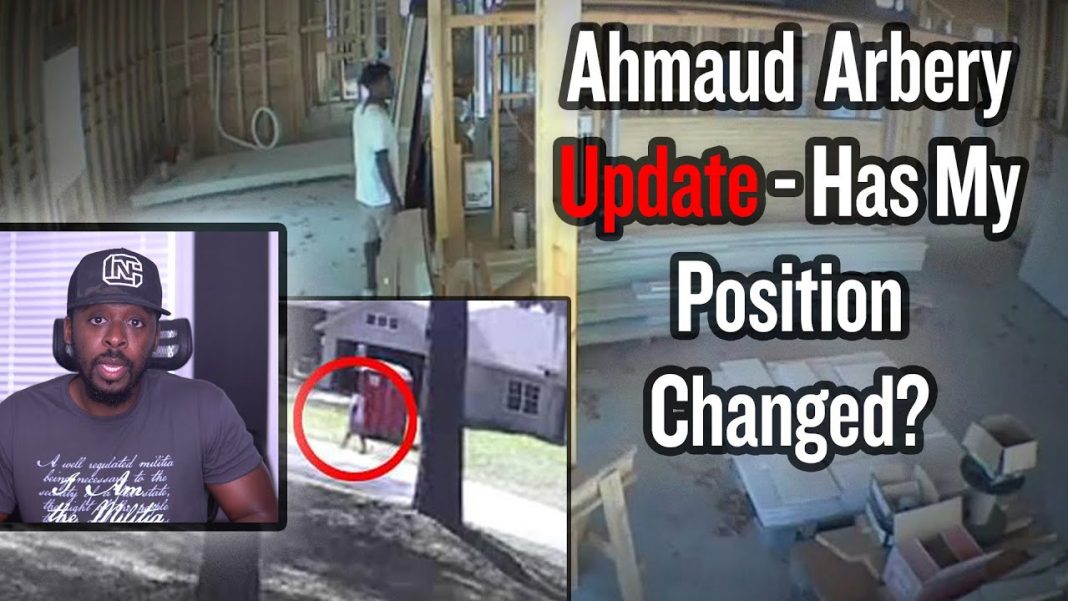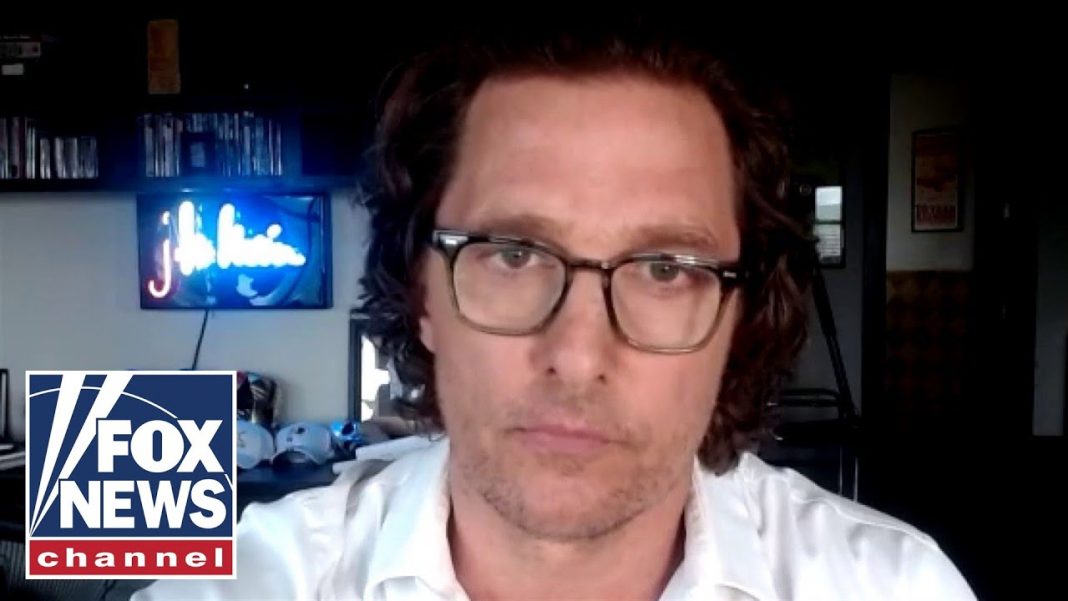After a nearly two-year delay, the Russia witness transcripts from the House Intelligence Committee’s extensive probe have been made public.
The thousands of pages of documents were released last week by the committee chairman, Rep. Adam Schiff (D-Calif.), but only after acting Director of National Intelligence (DNI) Richard Grenell threatened to have his agency release them.
Revelations found in the documents came as the Justice Department dropped its case against former National Security Adviser Michael Flynn in its Russia probe. After extensive review of the transcripts, Just the News has identified these six revelations as the most important to emerge so far:
- No Collusion: The U.S. intelligence community never had any evidence of collusion between Russia and the 2016 Trump presidential campaign. This was previously confirmed by the 2019 release of Special Counsel Robert Mueller’s report. But the House intel committee transcripts reveal that Schiff and then-Intelligence Committee Chairman Devin Nunes (R-Calif.) knew back in 2017 that the government had no evidence. Throughout the transcripts, witnesses repeatedly say that they had not seen any direct evidence of collusion. For example, former DNI James Clapper said: “I never saw any direct empirical evidence that the Trump campaign or anyone in it was conspiring with the Russians to meddle in the election.” Other top Obama administration officials, including former acting Assistant Attorney General for National Security Mary McCord, former Attorney General Loretta Lynch, and former Deputy Attorney General Sally Yates gave similar testimony.
- FBI didn’t have a case: Former Deputy Director of the FBI Andrew McCabe admitted during his testimony that the agency knew from the start that Trump associate George Papadopoulos wasn’t in contact with Moscow, thereby undermining the agency’s entire basis for opening Crossfire Hurricane, i.e., the Russia investigation. “Papadopoulos, didn’t particularly indicate that he was the person that was interacting with the Russians,” McCabe told the House Intelligence panel. It makes increasingly little sense that the FBI would open a case to see whether Papadopoulos was colluding with the Russians to steal Democratic nominee Hillary Clinton’s emails, if agents knew from the outset that Papadopoulos wasn’t talking to anyone in Russia.
- Podesta and Clinton knew about funding for Steele Dossier: John Podesta, chairman of Hillary Clinton’s 2016 campaign, testified that he and Clinton were aware in general terms that the campaign was paying for opposition research to link Donald Trump to Russia, but he said neither of them knew specifically who had been hired to conduct the effort. “We, the campaign, directly purchased some opposition research,” Podesta testified. “And [Clinton] knew, I think in general terms, that we were trying to figure out, which was not easy, what Mr. Trump’s financial relationships were, what his relationships might be to Russia and other former Soviet Union actors that, you know. But I don’t – I don’t think we – I mean, she wasn’t – you know, if I wasn’t, she certainly wasn’t sort of saying, ‘Who are your vendors?’”
- Clapper, Comey, and McCabe provide conflicting narratives: Clapper testified that he did not brief then-President Obama on former Michael Flynn’s conversation with the Russian ambassador in January 2017. However, both former FBI Director Comey and McCabe say otherwise. Comey’s testimony to the panel and a passage from a book by McCabe both recount Clapper briefing Obama and then-Vice President Biden about the Flynn intelligence in early January of 2017. These types of significant inconsistencies are now potential fodder for the investigation being led by John Durham into the conduct of the Russia investigation.
- CrowdStrike says evidence of DNC hack was “not conclusive”: The president of CrowdStrike, a data security company retained by the DNC after it was hacked, testified to the House panel that there were “indications” of a hack into the DNC servers, but not concrete, irrefutable evidence. When asked by the panel if he could “unequivocally say” whether information was “exfiltrated” from the DNC servers, he responded, “I can’t say based on that.”
- DNC lawyer ordered to tip off the CIA: Michael Sussmann, a Perkins Coie lawyer who represented both the Clinton campaign and the DNC in their response to presumed Russian hacking, testified that in February 2017, he went to the CIA, on behalf of a client whom he did not name, in an attempt to tip them off about the Trump organization’s ties to Russia. What’s notable here, is that by February 2017, the FBI was already fairly certain that the Steele Dossier was essentially bogus, so Sussmann is instructed to target a different intelligence agency to continue peddling the collusion narrative.
By Sophie Mann
Read Original Article on JustTheNews.com







